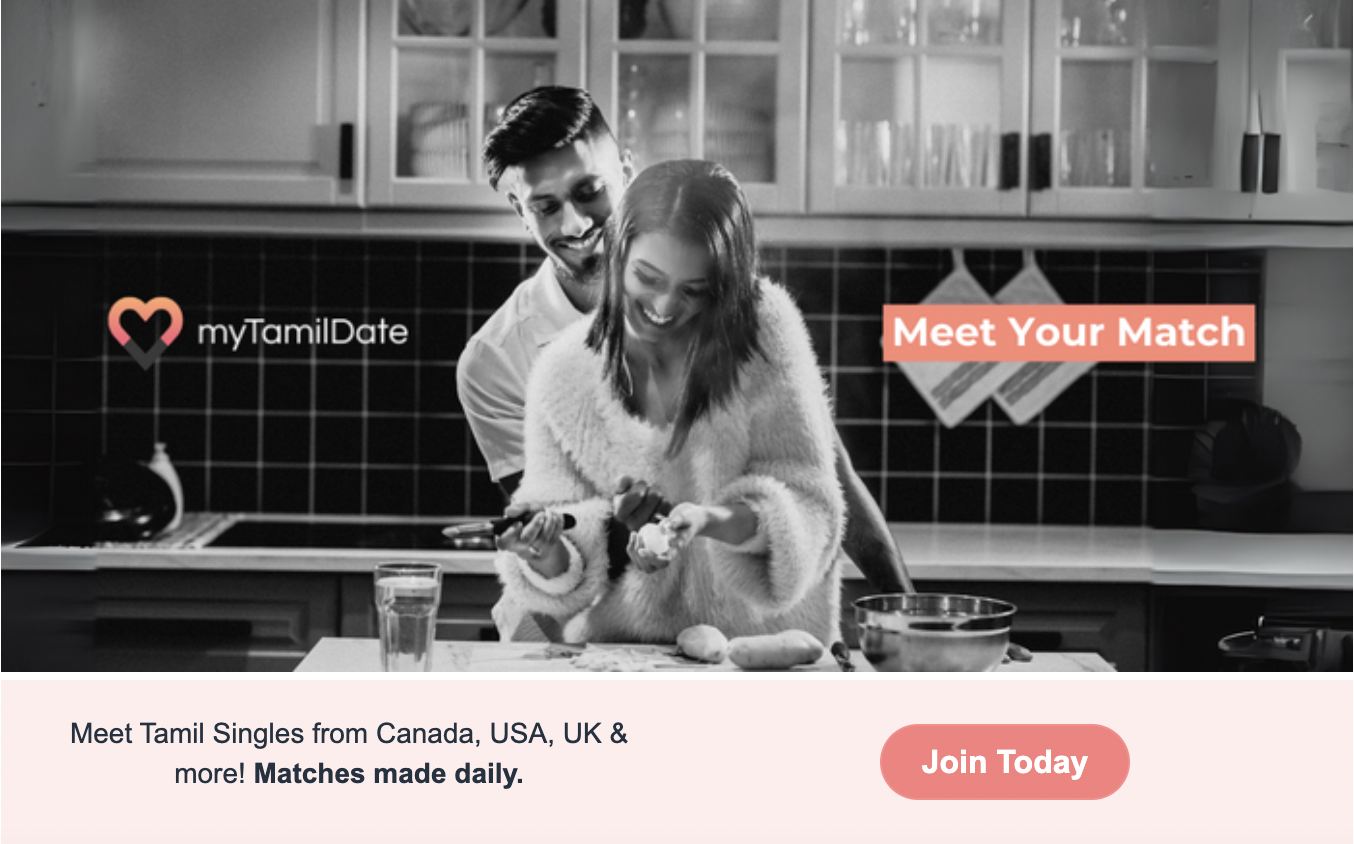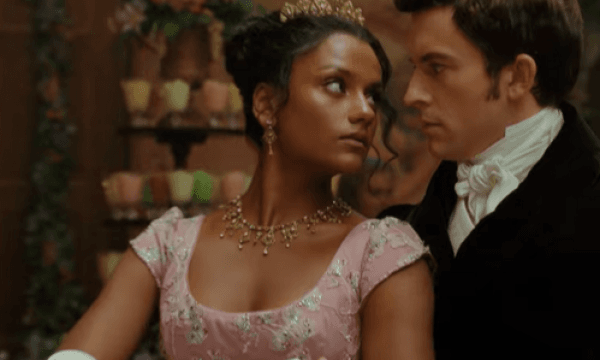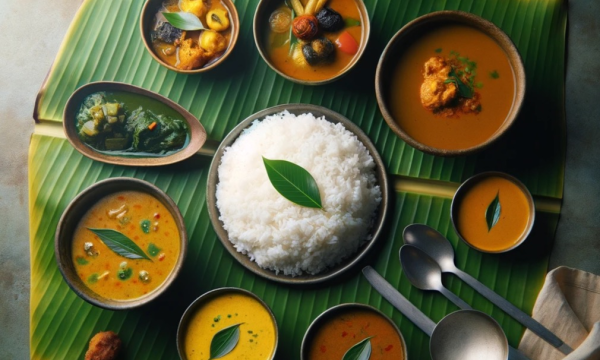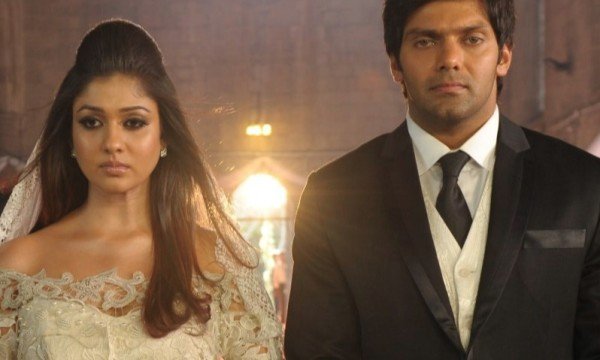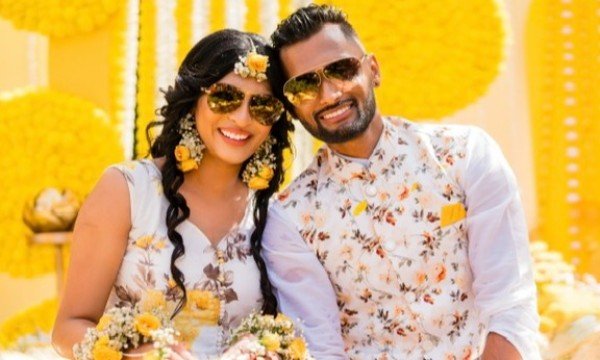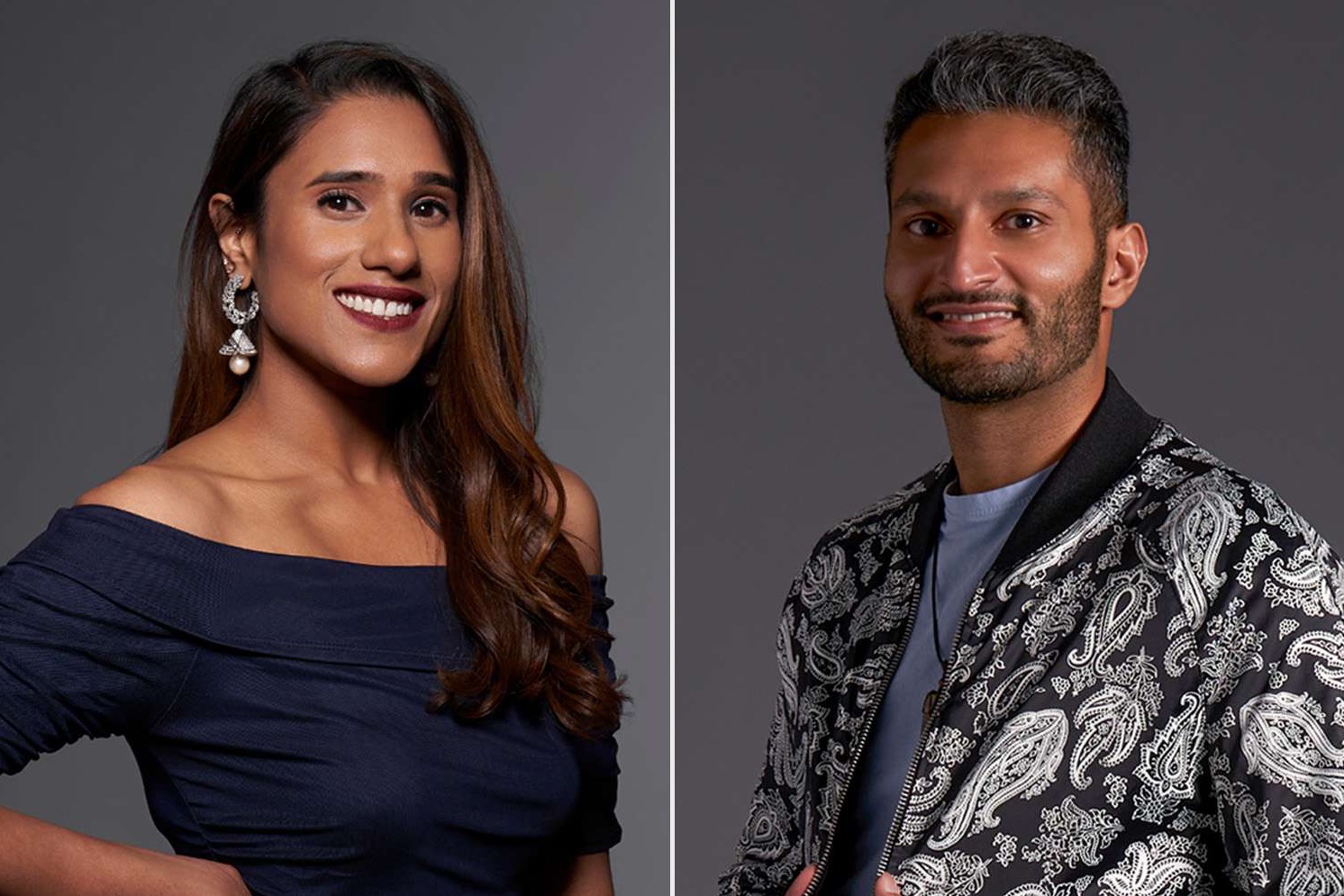
Viewers of Season Two of Netflix's 'Love is Blind,' a show where single men and women seek love and get engaged before meeting in person, will likely recall the dynamic between Abhishek "Shake" Chatterjee and Deepti Vempati, and the ensuing discussions it triggered. While the anticipation was initially centered on the excitement of seeing South Asian individuals on the show, little did most of us expect it to stir controversy around South Asian representation. The spotlight revealed issues related to misogyny intertwined with a significant presence of possible internalized racism. (Internalized racism involves individuals subscribing to the belief that White or light-skinned people are superior to people of colour, even if they are a person of colour themselves.)
Meet Tamil singles looking for meaningful connections from Canada, USA, UK & more! Join here.
Deepti and Shake admitted that before coming on the show, they had only dated White people, especially blondes. However, Shake was more specific and came across as someone who was very focused on appearance right off the bat.
One of his tests for whether he would date a woman was to ask her if she was small enough to sit on his shoulders - exemplifying misogyny with his words. Shake spent most of the show highlighting that he was not physically attracted to Deepti, comparing her to his aunt. The two eventually make it to the altar, but Deepti ultimately ends the engagement.
Shake’s views are unfortunately not unique in a global society where Eurocentric beauty standards and White culture are considered ideal in politics, institutions and media. I recently came across this opinion from a single Tamil professional in his 30s, who was raised in Toronto from a young age:
I don't find our culture healthy or rewarding in many regards and find women from other cultures are sexier and come with better ability to be emotional and communicate healthily. Also, the vast majority of brown women get fat after marriage, which I hate.
Call the above crude, but that's how I see it.
I've tried dating a few brown girls and have dated many other races. I have to place brown girls at the bottom of that list for many reasons. There are exceptions to this for sure, but I’m not willing to waste time dabbling with brown girls when the disadvantages outweigh the benefits for me.
As a Tamil woman who falls under the category on the lifeline here, my initial reaction was to get pissed off! Attraction is highly personal, and it makes sense to me if you find someone attractive for specific traits and characteristics. Still, I didn't expect racial identity to be the top dividing factor, shutting Tamil girls out right off the bat to someone from their community.
I decided to have a conversation with a single Tamil woman in her 30s, who was also raised in Toronto, to get another perspective.
Shanthini is a registered social worker and psychotherapist. Her professional experience has been focused on working with children, adolescents and adults who struggle with emotion regulation.
Her initial feeling after reading the Tamil man’s views was a sense of disappointment, with her exact words being, “It’s an outdated and unfair take on South Asian girls.” From her experience, such opinions have mostly come from unread or close-minded individuals. As a Tamil woman, she felt angry as it appears South Asian girls have to continue putting pressure on themselves to be both “modern” and traditional at the same time.
Shanthini continued to reflect on her experience with similar opinions over the years. She found this particular take common among individuals who have yet to accept themselves, their culture or identity and who find it embarrassing. Also, it is common for people to have a generalized extreme opinion of South Asian girls when they have not spent enough quality time getting to know "South Asian girls."
What is my Identity? It's a question that we all seek to answer in our own ways throughout our lives. Each episode of Identity spotlights a different creative, some from the Tamil community and some from outside it, who will be chatting about how we take ownership of our narratives, art, politics and of course who we are. We hope to inspire you through their unique stories of seeking and finding Identity. Catch Season 1 below!
- Shakthi / Theatre, Intergenerational Trauma and Australian Tamil Identity
- Identity Podcast: Anuk/ Language, Grief and Tamil Community
- Maral/ Art, Belonging & Armenian-Iraqi-Canadian Identity
- Shuba/ Music, Feminism and Dual Identities
When Shanthini talked about the environment this male was raised in, it made me think of his mother being a Tamil woman, or if he had female siblings - does he then not think of them highly?
I asked her to elaborate on parts she mainly disagreed with, such as what it means to be sexy. And fat? She found he made a lot of vague statements not worth even arguing and wasting time on. It is very flawed to say South Asian girls are the only people who struggle with communicating when Tamil men themselves have a hard time doing the same and even being attuned to female needs and emotions.
Reading the Tamil man’s views and following my conversation with Shanthini showed me that relationships have become something people want with zero effort, especially for this individual.
If someone can't communicate emotionally, does it not trigger you to wonder why? Maybe they have a barrier up. They may want their partner to make them feel comfortable enough to let that guard down, which means the onus falls on him to do his part. However, he expects someone who comes as an open book from the get-go, which misses the curiosity, acceptance and mutual participation needed to build healthy relationships with anyone, regardless of race and culture.
A sense of blaming, lack of self-awareness with hating yourself and insecurities as a result of hating your culture is evident from the individual. Still, the extremeness is surprising here because of the very black-and-white mentality he appears to have with no room for flexibility. He doesn’t seem open to change and sees it acceptable to have this opinion lingering around in his head.
I added to this discussion by asking a Tamil male in his 30s what his thoughts were and if there was anything he sided with from the message.
One thing he said, which was on point, was the lack of healthy communication. With South Asian culture, he commented by saying, “It always shadow bans certain things, making it very hard to dive deeper into certain topics, but he wouldn’t blame the girl solely for that.”
Growing up, many Tamil/South Asian girls were not always encouraged to communicate, or the environment conditioned them to be that way. Historically, South Asian girls have also internalized this idea that they need to be more like other modern cultures as a result of societal expectations. They have been moving up the ladder to get to a place where they feel comfortable accepting who they are as people around them become more open-minded, but opinions like this push them back down, which some fail to realize.
It can be said that our experiences do shape our personal beliefs and that our beliefs significantly impact how we feel about relationships or our lives in general. However, how do we differentiate between an individual who just naturally has a healthy racial preference vs. someone who has been traumatized enough that they want to run away at all costs, making a general assumption about the Tamil/South Asian community as a whole? Whether it is fair to have these opinions build our perception and make assumptions about South Asian women is the discussion at focus, but also if it is even worth trying to fix.
It’s essential to be open-minded when going into a relationship and to choose someone for the right reasons without putting down racial communities, as these can be the top factors in hiding the true underlying causes of compatibility. It just adds to skewing our minds from what we might just need.




